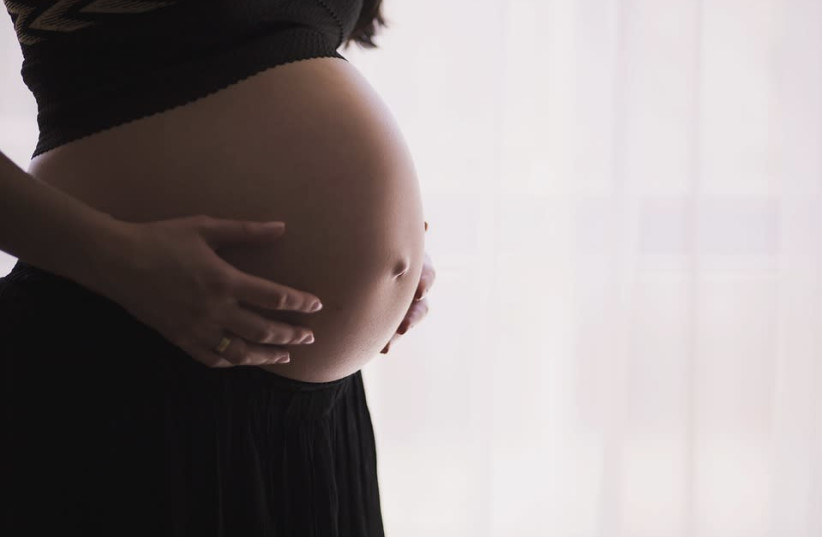Some 40% of pregnant Israeli women reported symptoms of postpartum depression during the COVID-19 pandemic, the post-pregnancy forum of the Women’s International Zionist Organization (WIZO) reported on Wednesday.
Postpartum depression not given "serious thought"
In addition, women in the Arab sector reported much higher numbers of postpartum depression cases than Jewish Israeli respondents, according to a survey conducted by the WIZO forum.
58% of Arab-Israeli participants said they suffered from postpartum depression up to six months after birth, compared to only 36% of Jewish Israeli women.
The survey also found that, on average, 15% of some 180,000 pregnant women in Israel annually report developing symptoms of depression and anxiety during pregnancy and after birth.
The survey's findings inspired WIZO's post-pregnancy forum to open a campaign calling for action to be taken to address maternal mental health, an issue that is "not being given any serious thought" by the Israeli government, the forum claimed.

Systemic failures
Ahead of World Maternal Mental Health Awareness Day on May 8, the forum called on Israeli lawmakers to expand services available to pregnant women and new mothers.
The forum brought to attention a 2014 report by then-state comptroller Yosef Shapira that lists a host of issues in 'tipat halav' pediatric clinics which are spread across the country. The issues found ranged from staff shortages and low availability to difficulties in gathering basic information on patients.
The Knesset must make the legislative changes to ensure those issues are addressed, the forum said.
Some 730 women, including 126 Arab-Israelis, participated in the survey, which was conducted by an all-female team of WIZO researchers between August 2020 to February 2021.
